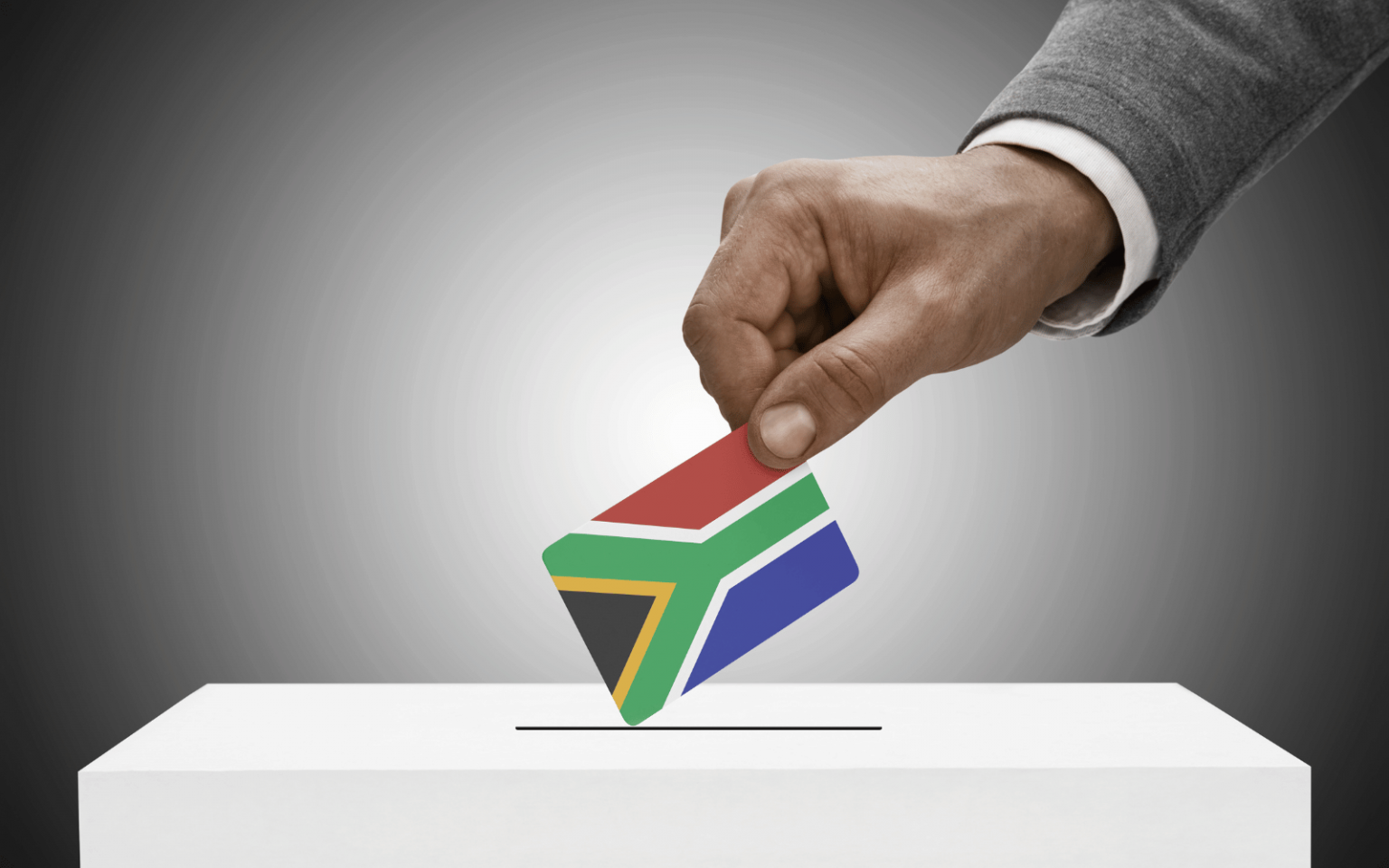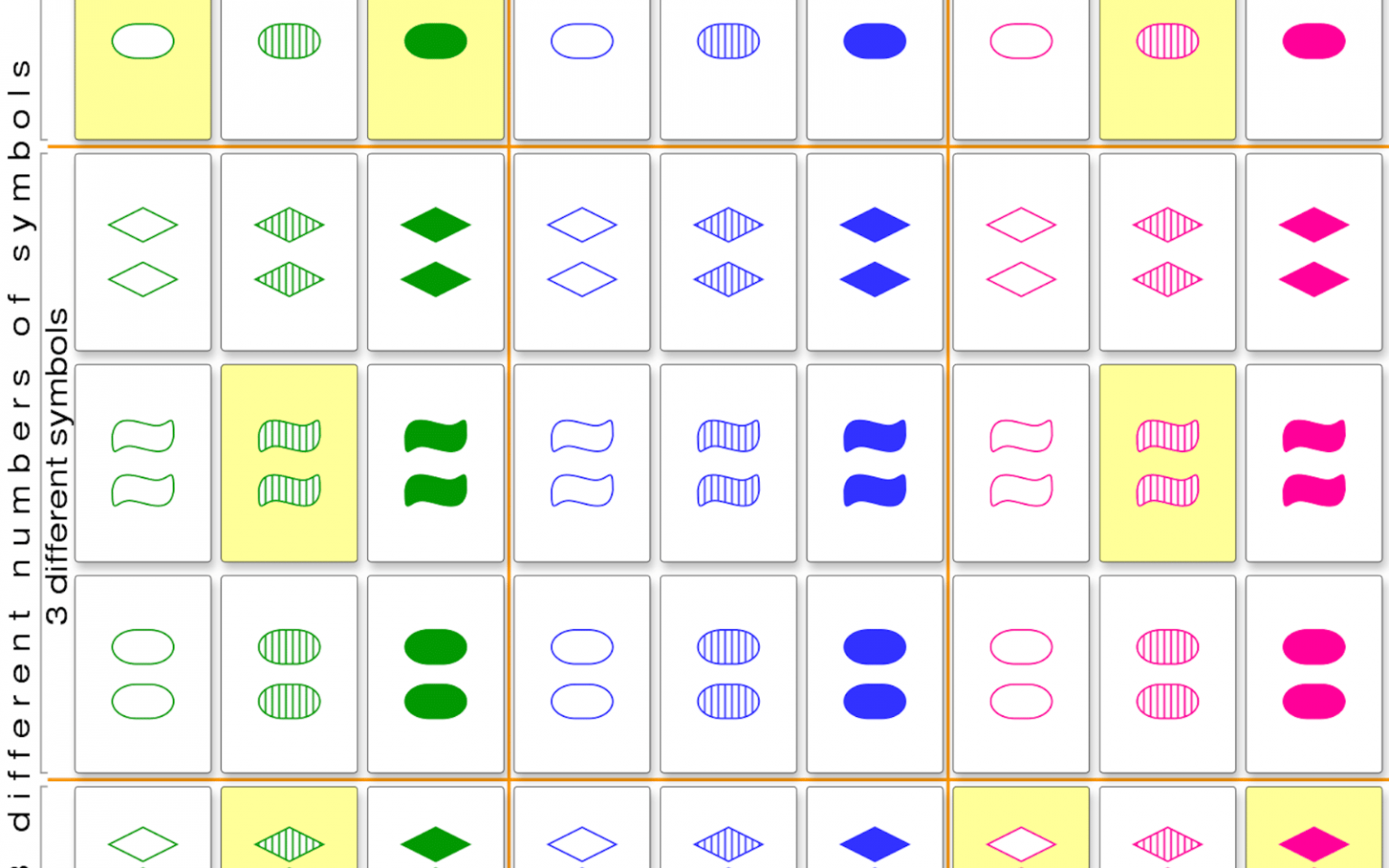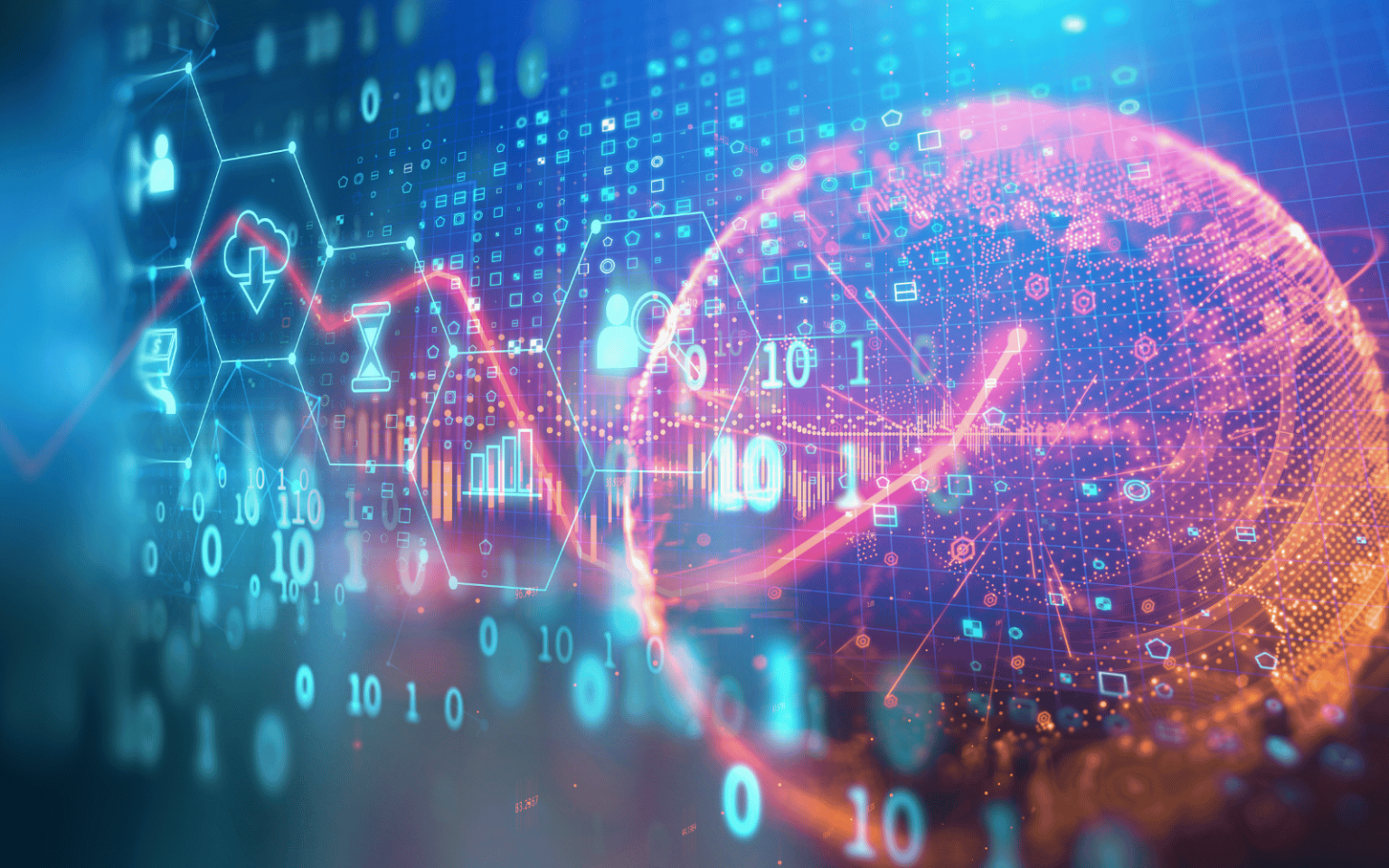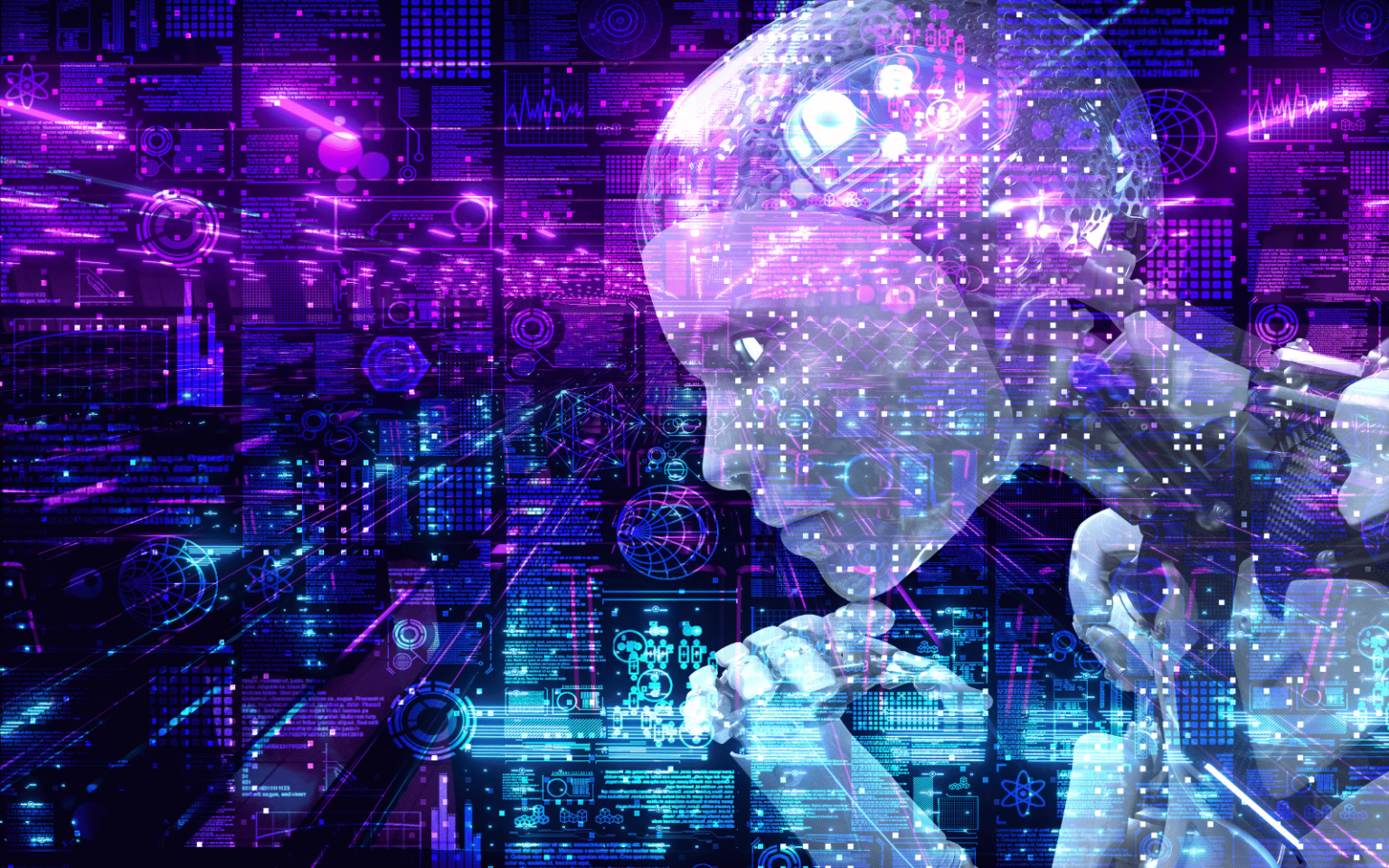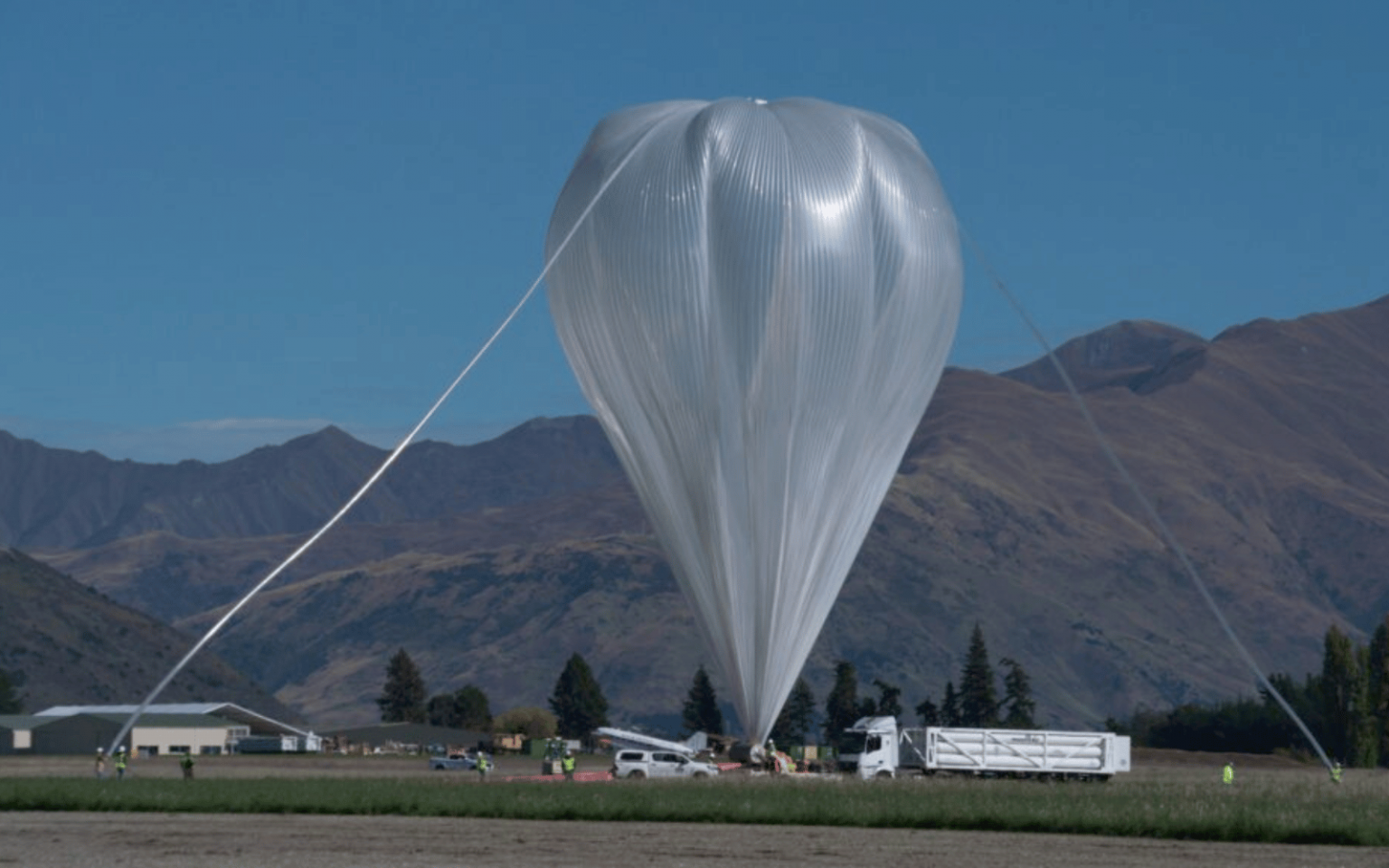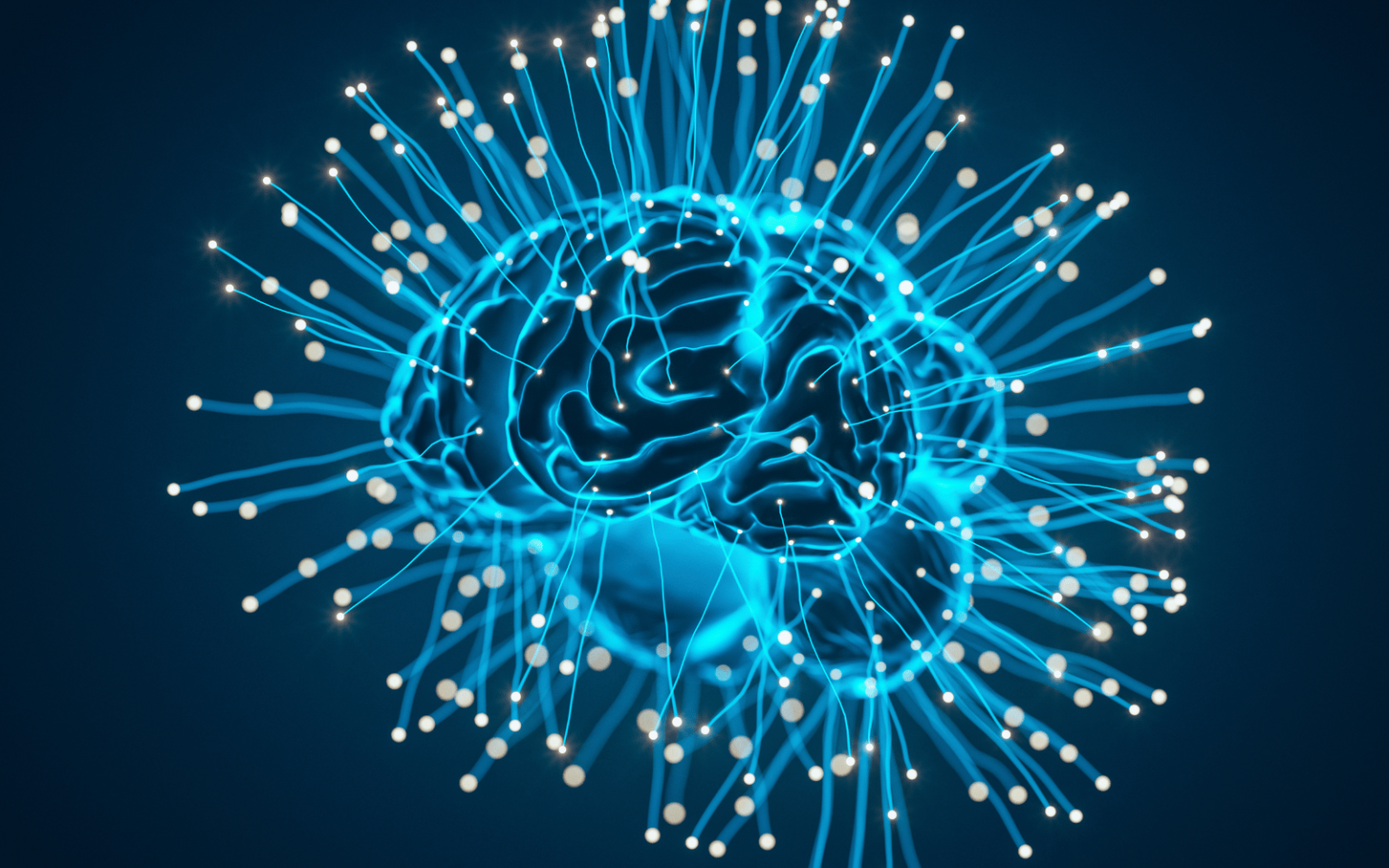South Africa is in the middle of a deep electricity crisis. In 2023 the public, many of whom are voters, experienced the worst loadshedding to date, losing power for an average of five hours a day. The power shortages were largely due to excessive breakdowns in the country’s coal power plant fleet, which generates over 80% of South Africa’s electricity, combined with delays in developing new generation capacity. The power crisis is a key election topic with national elections scheduled for 29 May. The ruling African National Congress (ANC) is tipped to lose its absolute majority in parliament. One reason for the ANC’s drop in…
Author: The Conversation
Humans are very good at spotting patterns, or repeating features people can recognize. For instance, ancient Polynesians navigated across the Pacific by recognizing many patterns, from the stars’ constellations to more subtle ones such as the directions and sizes of ocean swells. Very recently, mathematicians like me have started to study large collections of objects that have no patterns of a particular sort. How large can collections be before a specified pattern has to appear somewhere in the collection? Understanding such scenarios can have significant real-world implications: For example, what’s the smallest number of server failures that would lead to the severing of the…
The online financial products and services known as “fintech” have become deeply embedded in the economic and social life of many African countries over the past decade. Headlines across the continent often extol fintech’s virtues. Technology is “driving financial inclusion” and “making life better for people”. It’s helping “consumers to manage inflation”. Fintech is “too sweeping to ignore”. And, if it’s not embraced, “the country and the entire economy will be left behind”. These headlines depict a popular story about fintech: it is the answer to several of Africa’s economic problems. This story is also appearing in policy documents in…
Generative artificial intelligence has been hailed for its potential to transform creativity, and especially by lowering the barriers to content creation. While the creative potential of generative AI tools has often been highlighted, the popularity of these tools poses questions about intellectual property and copyright protection. Generative AI tools such as ChatGPT are powered by foundational AI models, or AI models trained on vast quantities of data. Generative AI is trained on billions of pieces of data taken from text or images scraped from the internet. Generative AI uses very powerful machine learning methods such as deep learning and transfer learning on such vast repositories of data to understand the relationships among…
There is a lot of hype about smart rings right now – Samsung is due to release a Galaxy ring, and there is unsubstantiated speculation that Apple is considering a ring too. But why would you want a smart ring in the first place? The short answer is that they are likely to fulfil the same health and activity tracking as a watch, leaving your wrist free for a more fashionable or traditional timepiece. But they can also track the your body’s movements much more precisely than other wearable technology, and record detailed information about the movement of your hands. This could…
During the COVID pandemic, social media platforms were swarmed by far-right and anti-vaccination communities that spread dangerous conspiracy theories. These included the false claims that vaccines are a form of population control, and that the virus was a “deep state” plot. Governments and the World Health Organization redirected precious resources from vaccination campaigns to debunk these falsehoods. As the tide of misinformation grew, platforms were accused of not doing enough to stop the spread. To address these concerns, Meta, the parent company of Facebook, made several policy announcements in 2020–21. However, it hesitated to remove “borderline” content, or content that didn’t cause…
An astronomical telescope designed to complement the ageing Hubble Space Telescope lifted off from New Zealand’s south island on April 16 2023. But as a sphere the size of a football stadium rose silently and slowly over the Tauhinukorokio mountains, calls started coming in from residents. Local police and radio stations, however, had been briefed by NASA that the giant helium balloon would lift the two-ton SuperBIT telescope to 40km above sea level, over the next three hours. The mission, in which we were involved, was to test whether a balloon-borne telescope could capture deep space images with high enough resolution to study the unknown…
Elon Musk’s company, Neuralink, launched in 2016, aims to implant a piece of technology in people’s brains that would allow them to control a computer or phone by thought alone. This is otherwise known as a brain-computer interface. After years of experimenting on animals, Neuralink recently announced the implantation of one of their devices in the brain of a person. Yet “neurotechnology”, of which this is a form, holds the promise of alleviating human suffering and allowing people with disabilities to regain lost capacities. And it raises further questions. Would people without disabilities also embrace technology that directly connects with their brains and nervous systems? What…
Our digital world is bigger and more connected than ever. Social media isn’t just a daily habit – with more than 5 billion users globally, it’s woven into the very fabric of our existence. These platforms offer entertainment, connection, information and support, but they’re also battlegrounds for misinformation and online harassment. Platforms like Facebook, YouTube, Instagram and TikTok vie for our attention, each boasting user counts in the billions. But what do these numbers actually tell us, and should we care? What is an active user or a unique user? Behind the impressive statistics lies a complex reality. While global social…
NASA’s Artemis program is scheduled to return astronauts to the Moon and establish a permanent orbiting laboratory by the end of the decade. Meanwhile, private companies are making significant steps in taking paying customers further into space. As humanity’s footprint expands beyond the familiar terrains of Earth to the Moon and possibly beyond, an intriguing new field emerges from the final frontier: astroforensics. This discipline, still in its infancy, is propelled by the inevitability of human nature. Space presents a unique and harsh environment for forensic investigations. Settings that present altered gravity, cosmic radiation, extremes in temperature, and the need for…

